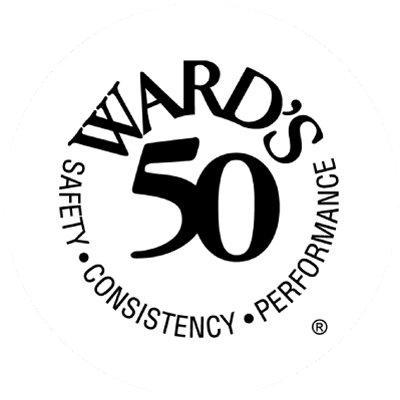According to the Rape, Abuse, and Incest National Network (RAINN), more than 50 percent of campus sexual assaults occur between August and November. Additionally, females between ages 18 and 24 are at the highest risk of intimate partner violence.
Anyone, however, can be the victim of an assault or robbery. With a few simple steps and an awareness of your surroundings, you can help to make college a fun and safe time!
Avoid walking alone, especially at night.
Most crimes, including sexual assaults, are more likely to occur at night, and at any time, a person walking alone is more likely to be attacked than a group of people. If you can’t walk in a group, check to see if your school provides a safe escort program.
Learn about your school’s campus security office.
Every college has a campus safety office, so use its services. Check your school’s website for information on the security office, including location, hours, phone numbers and the services they may offer such as blue light emergency phone stations, campus escort services, and campus maps with suggested safe routes.
Carry some form of protection.
If you do have to walk alone, arm yourself with some form of protection, such as pepper spray, but make sure to have it close at hand and not buried in the bottom of a bag!
Always lock your door.
Don’t leave your dorm or apartment without locking the door, even if you’re going to be gone only a few minutes.
Be aware of your surroundings, especially when using your cell phone.
It’s easy to get lost in text messaging or a game on your phone, or reviewing notes before a class, so stay alert and aware of your surroundings. You are much more likely to be attacked or hit by oncoming traffic when oblivious to your surroundings.
Take a self-defense class.
These classes not only provide techniques to defend yourself, but can boost your confidence. These classes are often available at colleges and gyms.
Know where you’re going.
Whenever you set out, make sure you know where you’re going and how to get there. Walk with confidence and avoid looking confused, even when heading to a new location. Download the campus map onto your phone and use GPS to find common, highly trafficked routes to your destination.
RAINN provides some final information:
- Trust your instincts and be yourself.
- Wait to let your guard down until people earn your trust.
- Don’t be afraid to hurt someone’s feeling’s. If you find yourself in an unsafe situation it’s OK to lie. Your safety comes before someone else’s feelings.
- If you see something, say something! Intervene if a situation seems questionable or if someone’s safety is at risk.
- Stick with your friends, and watch out for each other.
- Drink responsibly and know your limits. Don’t accept drinks from people who you don’t know or trust, and never leave your drink unattended.
- Watch out for your friends. If a friend seems out of it, is way too intoxicated for the amount of alcohol they’ve had, or is acting out of character, get him or her to a safe place.
- Be aware of your surroundings. Whether you’re walking home from the library or at a party be mindful of potential risks. Get to know your campus and learn a well-lit route back to your dorm or place of residence.


